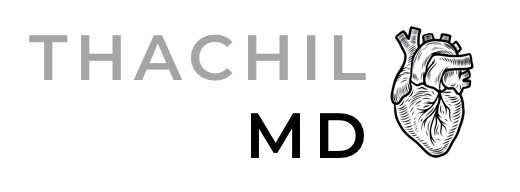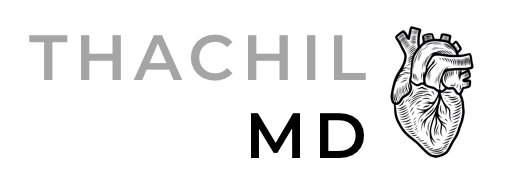How does COVID affect the heart?
There are a few different ways we have seen COVID-19 affecting the heart so far:
Heart attack:
🔹We have noticed that patients with COVID may be hypercoagulable. This can result in thrombosis, or clot formation.
🔹Infection also increases the work/demand on the heart.
🔹These two factors can increase risk for heart attack, which can range from mild myocardial infarction to a severe one called STEMI (ST-elevation myocardial infarction).
Myocarditis
🔹Inflammation of the heart tissue/muscle (myocardium).
🔹This can lead to decline in cardiac function.
Pericarditis
🔹Inflammation of the pericardium, or the sac that encases the heart muscle.
🔹If severe, the pericardium can fill with fluid and constrict the heart, thereby limiting its ability to pump properly.
Arrhythmia
🔹Our heart normally beats at regular intervals (called “sinus rhythm”).
🔹In the setting of systemic infection, an individual can be predisposed to arrhythmias, originating from the top and/or bottom chambers of the heart.
Right ventricular (RV) failure
🔹We are seeing this in patients who are developing clots (pulmonary embolism) in the lungs.
🔹The clot/clots put undue burden on the right ventricle, which is the cardiac chamber responsible for delivering de-oxygenated blood to the lungs.
We are still in the process of discovering the extent of cardiac consequences of COVID, and certainly much further research is needed!


